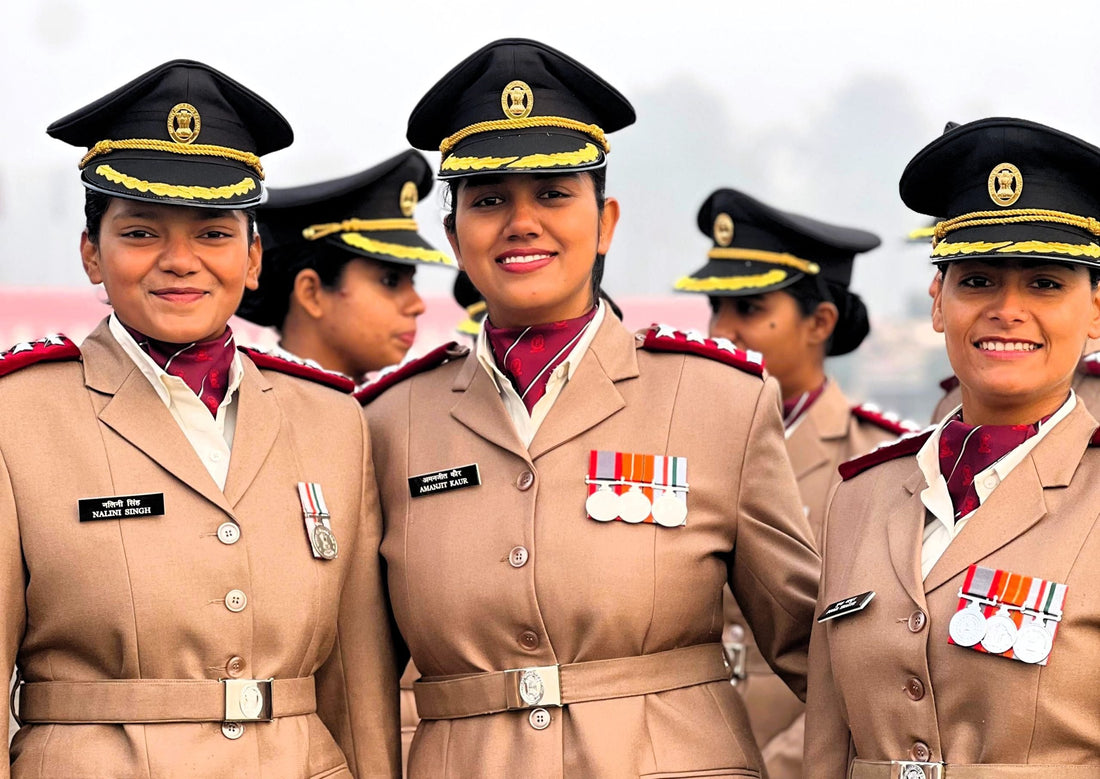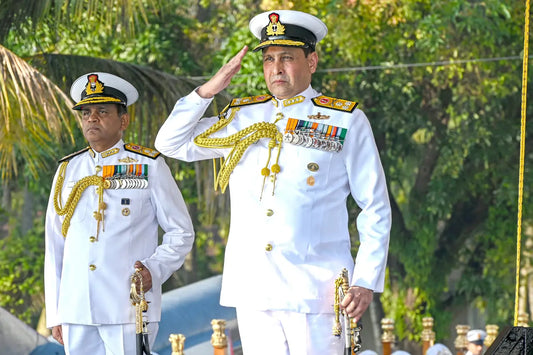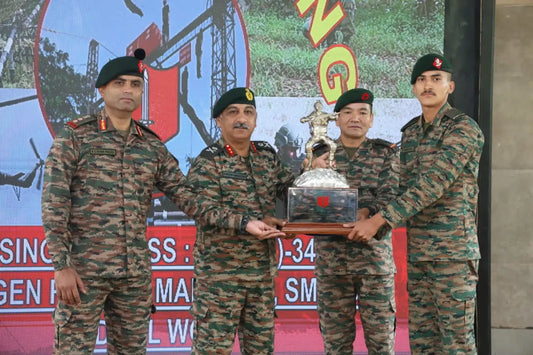Understanding the Salary and Benefits of Military Nursing Service Officers in India

The Military Nursing Service (MNS) of India has a distinguished history of delivering medical care to the armed forces, their families, and civilians under challenging conditions. MNS officers are highly trained in both nursing and military operations, serving a vital role in the healthcare system of the Indian Armed Forces. The combination of national service, a structured career path, and competitive compensation makes the MNS an appealing career option for nursing graduates in India. The salary structure and allowances, determined by the 7th Pay Commission, are a significant factor in this appeal, providing a range of benefits.
The Military Nursing Service was formally recognized during World War I, with the entry of Indian nurses into the service in 1917. Since then, the MNS has progressed substantially, ensuring its nursing standards align with international benchmarks and meet the specific needs of military healthcare. Nurses in the MNS not only provide medical care but also handle medical administration in demanding environments. This role, which combines health management and military strategy, has elevated the importance of nursing within the Indian Armed Forces.
MNS officers receive a well-structured pay scale, beginning with a monthly basic pay of around ₹56,100 for newly commissioned Lieutenants. The pay scales, which are consistent with military standards, include various elements, allowances, and benefits, offering financial security to the officers.
| Key Salary Components | Description |
|---|---|
| Basic Pay | Starting at approximately ₹56,100 for Lieutenants, with increases as rank progresses. Major General can earn up to ₹1,77,500 monthly. |
| Grade Pay | Specific to each rank, with Lieutenants receiving ₹5,400. |
| Military Service Pay (MSP) | A fixed component of ₹4,200 monthly, acknowledging the unique challenges faced by military personnel. |
| Dearness Allowance (DA) | Adjustable to counter inflation, regularly reviewed by the government. |
| Travel Allowance (TA) | Covers official travel expenses for officers on assignments. |
| Housing Allowance | Provided if accommodations are not available, ensuring a stable living situation. |
| Other Allowances | Includes allowances for night shifts, risky situations, and field area postings. |
MNS officers also receive several benefits that improve their quality of life and job satisfaction. These include free accommodation, comprehensive medical facilities for themselves and their families, various forms of paid leave, and robust pension benefits, ensuring financial security post-retirement. During training, officer candidates are provided with a stipend of around ₹8,000 per month before commissioning.
The pay and career progression for MNS officers advance with their service. A Lieutenant starts with a basic pay of ₹56,100, advancing to Captain within 3-4 years, and reaching Major typically after 8-10 years, each promotion accompanied by a salary increase. Further ranks like Lieutenant Colonel, Colonel, Brigadier, and Major General offer significant responsibilities and financial rewards, with Major Generals earning up to ₹1,77,500. Each promotion comes with expanded responsibilities, necessitating corresponding increases in salary and allowances.
MNS officers are critical components of the military healthcare system, handling nursing care, emergency services, and medical administration. Their multifaceted roles include prescribing medications when qualified, reflecting their essential place in the healthcare framework of the military.
The structured pay scale provided by the 7th Pay Commission ensures MNS officers enjoy financial stability, matching the demanding nature of their work. Studies indicate that military personnel achieve greater job satisfaction and stability when fair compensation is complemented by comprehensive benefits and allowances.
Despite the evident advantages, MNS officers face challenges such as maintaining work-life balance and transitioning to civilian life post-retirement. Proposed solutions include enhanced leave policies, flexible assignments, and programs for career transition and skills development, which can help ease these challenges.
As India modernizes its defense strategies and healthcare systems, the MNS framework is poised for further improvements. Technological integration, such as telemedicine and digital health records, is expected to become vital. Enhanced training modules, incorporating medical skills and leadership, will prepare officers for better roles within and beyond military settings. Additionally, ongoing government investments in healthcare and defense may lead to further enhancements in salary structures and benefits.
The MNS salary scale and allowances reflect the strategic value of nursing professionals within the military. Starting with a competitive base pay and advancing through ranks to substantial financial rewards, a career in the MNS is promising for nursing graduates. With comprehensive benefits that improve personal and professional lives, MNS officers are well-equipped to succeed both during and after their service. This commitment to nursing excellence addresses critical healthcare needs and represents significant service to the nation.



















